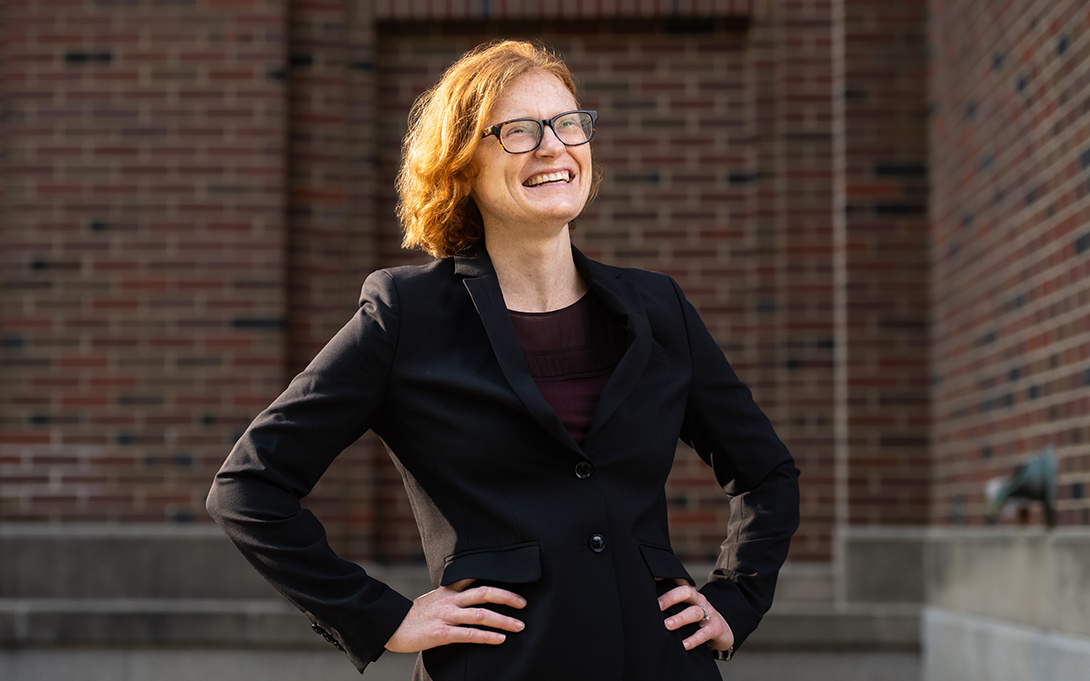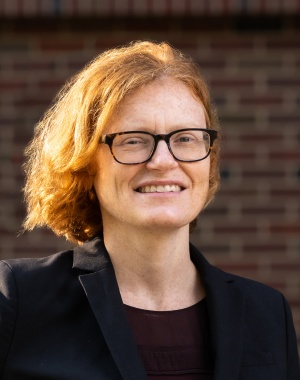
Christina Weiland, faculty co-director of the Education Policy Initiative, has studied pre-K programs around the country. The state of Michigan will spend an additional $107M in its 2023-2024 budget on pre-K, hoping to increase the number of children in public programs. She and co-author Ajay Chaudry from NYU, addressed five questions about the new investment in an article published by The Conversation. Here are excerpts:
How many kids attend public pre-K in Michigan?
Michigan’s Great Start Readiness Program is a voluntary public pre-K program for 4-year-olds operating in all but one of Michigan’s 83 counties. Classrooms are offered in both public schools and in community-based partner organizations.
The majority of children who attend qualify based on their family’s income. Kids whose parents earn up to 300% of the federal poverty line, or $90,000 for a family of 4, are eligible. Children can also gain access to the program if they have a disability, at least one of their parents has not graduated from high school or is illiterate, or English is not the primary language in their home.
In the 2021-22 school year, the program operated in 2,524 classrooms and enrolled 30,872 children across Michigan. By our team’s estimates, enrollment increased to 33,200 in 2022-23.
What are the strengths of the program, and where could it do better?
Michigan is one of only five states to meet all 10 quality benchmarks set by the National Institute for Early Education Research, a research institution based at Rutgers University.
Some of the program’s notable strengths include requiring universal developmental and health screenings for students, offering in-classroom coaching for all Great Start teachers and requiring lead teachers to have a college degree and specialized early education training. Nationally, only about half of state pre-K programs require a college degree for teachers and only about a third require coaching.
Like all state-funded pre-K programs, Great Start also has some room for improvement. In a recent policy brief, our team highlighted several critical areas for further investment. For example, there are large gaps in pay and benefits for Great Start teachers compared with K-12 teachers in the state. These gaps amount to an average of $17,500 less per year for state pre-K teachers in public schools and $25,000 less per year for those in community-based programs.
What does research say about the benefits of public pre-K?
Decades of rigorous research show that children who attend high-quality pre-K programs are more ready for kindergarten, meaning they have on average stronger language, literacy, math, social emotional and executive function skills than their peers who did not attend preschool. Dual-language learners, children of color, children from families with low incomes and children with disabilities particularly benefit from high-quality pre-K.
Pre-K also supports families by giving parents time to work.
The benefits of preschool can last into adulthood, improving high school graduation rates, college enrollment rates and the long-term health of kids who attend.
Families with higher incomes in the U.S. have historically had more access to high-quality preschool than families with less means. Public pre-K programs help fill that gap.
What’s next in Michigan?
Gov. Gretchen Whitmer’s administration has announced intentions to continue to expand public pre-K, including a goal of offering universal pre-K to all Michigan 4-year-olds by the end of 2026.
To date, only six states – Florida, Iowa, Oklahoma, Vermont, West Virginia, Wisconsin – plus D.C. have achieved universal preschool for 4-year-olds, according to the National Institute for Early Education Research.
